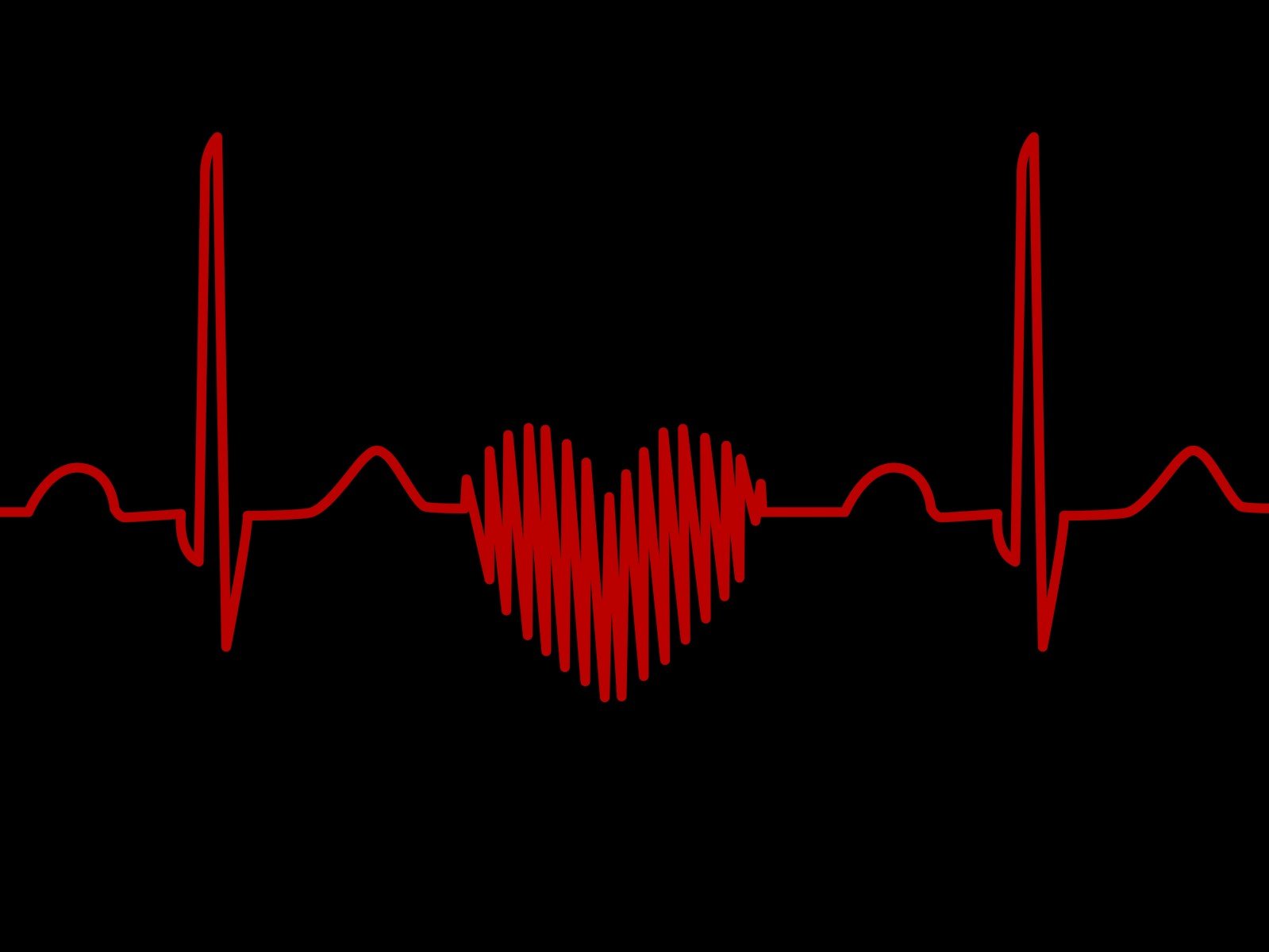ICD Therapy Can Help Reduce Mortality among SCA Patients
October 18, 2019 | Friday | News
A recent study of patients with a high possibility of sudden cardiac arrest (SCA) revealed that use of implantable cardioverter defibrillators (ICDs) resulted in a 49% relative risk reduction in mortality
It is a well-known fact that less than 5% of patients survive a cardiac arrest outside a hospital setup. In patients who have undertaken ICD, the first-year recurrence rate of SCA has been reduced by 1% to 2%.
A recent study of patients with a high possibility of sudden cardiac arrest (SCA) revealed that use of implantable cardioverter defibrillators (ICDs) resulted in a 49% relative risk reduction in mortality, compared to those without an ICD implant.
The use of ICD therapy to prevent SCA remains underutilized among patients in India. The need of the hour is to raise awareness on the effectiveness of this therapy in saving lives and the fact that it has proven to be 99% effective in treating ventricular arrhythmias – a major risk factor for SCA.
SCA is caused when there is a sudden and abrupt loss of heart function due to the rapid and/or chaotic activity of the heart known as ventricular tachycardia (VT) or ventricular fibrillation (VF). People with a family history of the condition or a case of heart diseases previously are at risk for SCA.
Speaking about this, Dr. Manoj Kumar, Director & Head - Cardiac Cath Lab, Max Super Specialty Hospital, Patparganj, New Delhi, said, “A sudden cardiac arrest (SCA) is triggered by an electrical malfunction in the heart causing arrhythmia (irregular heartbeat) in the form of Ventricular fibrillation and VT. With this disruption in the heart function, other organs of the body also stop receiving blood supply. In the absence of immediate treatment, the person can die. One of the most effective ways to treat an SCA is defibrillation, a technique in which an electrical shock is delivered to the heart. ICDs are often used to defibrillate and help the heart return to a normal rhythm. These devices also help in collecting information, which can be used in diagnosis, and addressing the exact needs of the patient.”
An ICD is a small, pacemaker-like device placed under the skin, and can reset the heart’s rate and rhythm. It continuously monitors the heart 24 hours a day and if a rhythm problem is detected, the device sends out electrical signals to correct it.
Adding further, Dr. Manoj Kumar, said, “Timely intervention and defibrillation are crucial to improve the chances of survival during an SCA. Survival rates as high as 50% to 70% can be achieved if defibrillation is done within 3 to 5 minutes of collapse. Further treatment can be initiated after the person is resuscitated and taken to the hospital.”
Some tips to prevent a Sudden Cardiac Arrest
- Patients with positive family history and baseline electrical abnormalities on ECG require cardiologist’s evaluation and AICD implantation prophylactically if indicated. Survivor of sudden cardiac death, implantation of AICD is mandatory.
- Patients with cardiomyopathy (Hypertrophic Cardiomyopathy) should be evaluated for heart rhythm abnormalities and ICD implantation to prevent sudden cardiac death.
- Eat healthy. Fruits, vegetables, and whole grains are all imperative in preventing damage to the heart. One should also consume less of saturated fat and cholesterol-rich foods. Use less salt and sugar while cooking.
- Reduce stress through techniques like yoga and meditation. Extreme stress can increase blood pressure and contribute to heart problems in the long run.
- Make sure you get adequate physical activity every day. This improves the heart rate and blood circulation. It will also keep weight under check.
- Ensure you get your vitals checked regularly. This includes blood pressure, blood sugar, and cholesterol.









